Unfiltered beauty: Sable Yong on the brutal truth of the beauty world
by Tena Razumović ŽmaraOctober 24, 2024
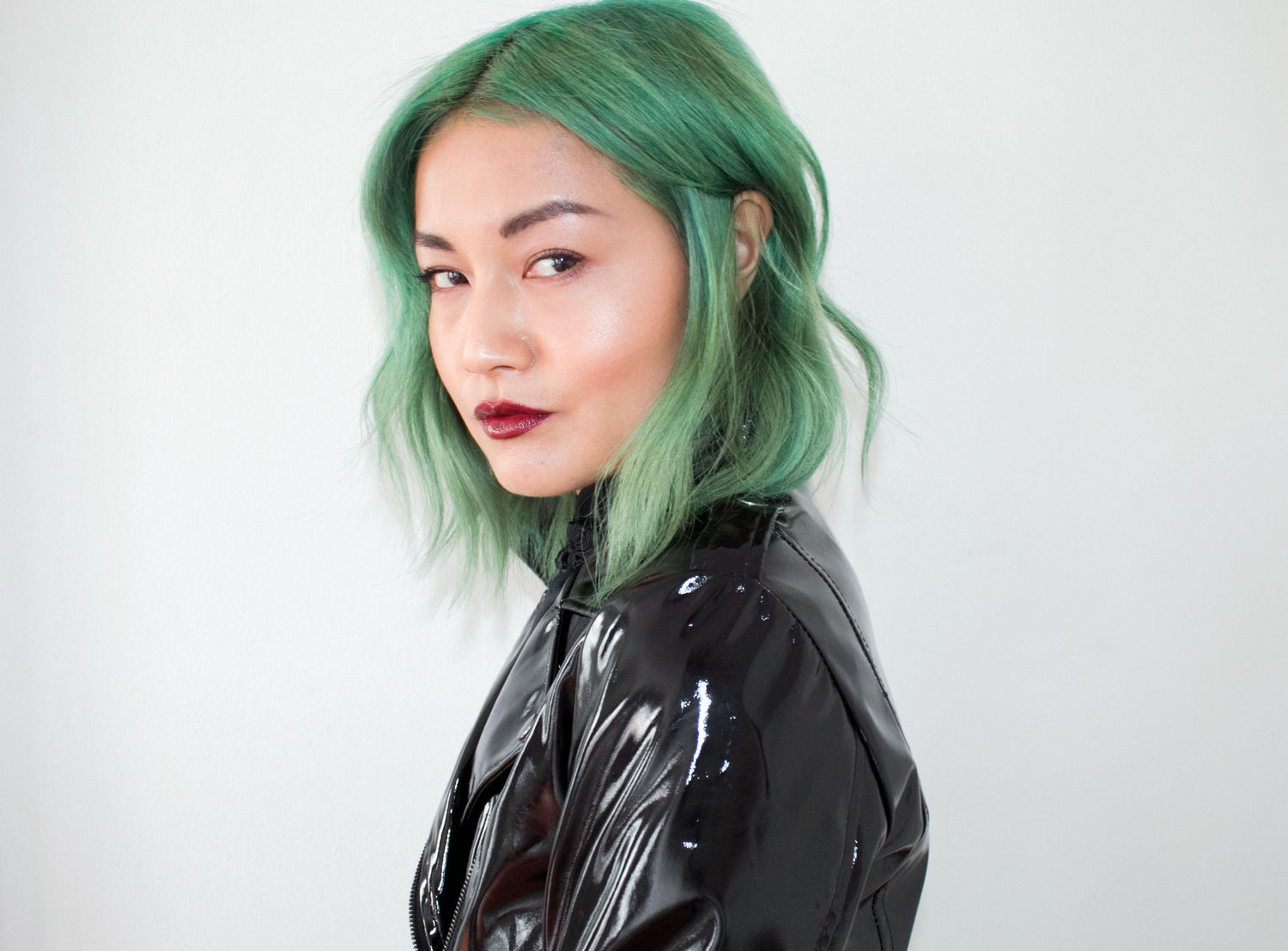
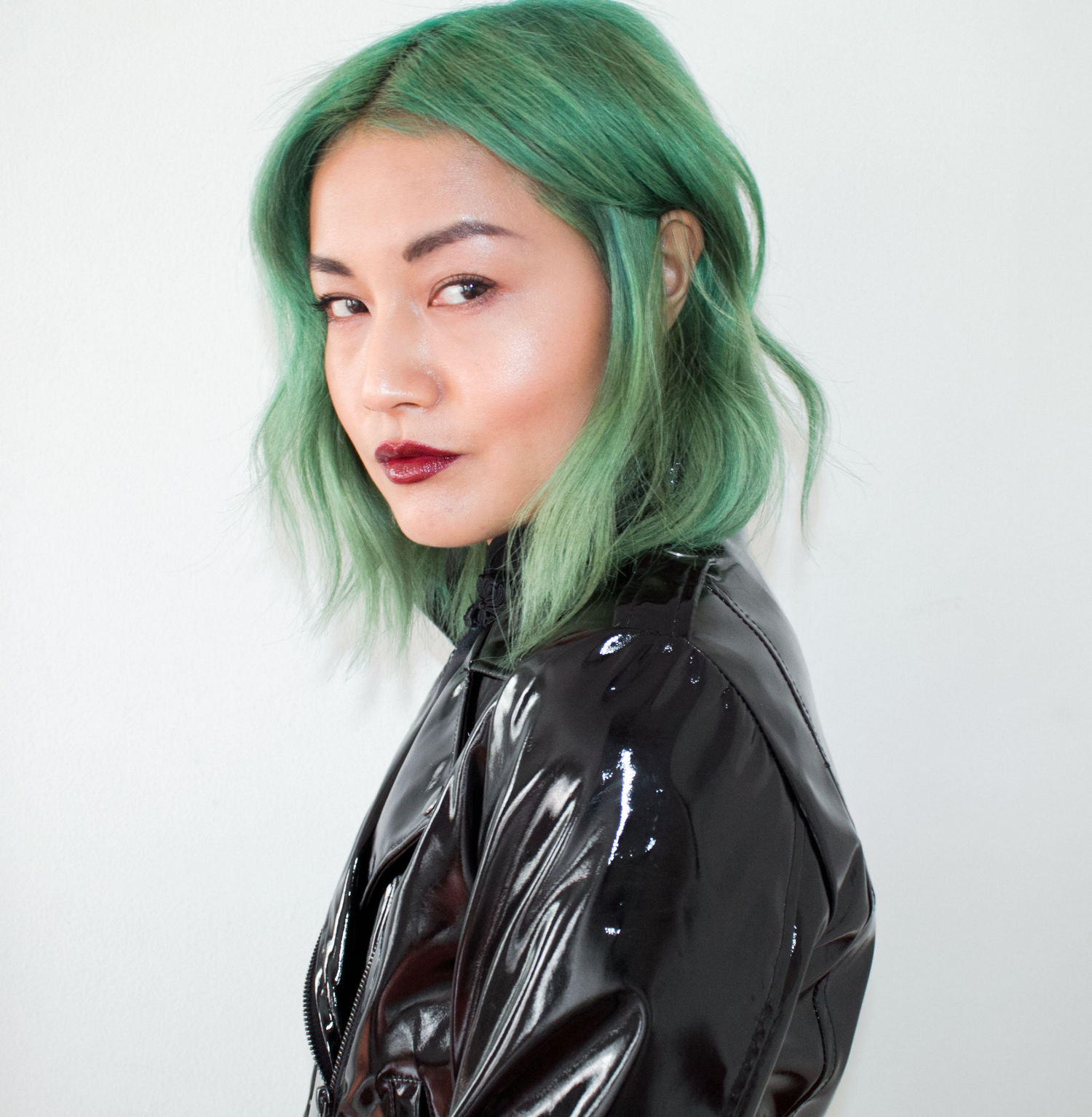
October 24, 2024
The book Die Hot With a Vengeance by Sable Yong starts off with a bang, a paraphrase from Hamlet. The first thing that drew me to this book was its title—a clever play on words, a paraphrase of Die Hard with a Vengeance, my favorite sequel in the Die Hard franchise. That’s probably a good sign; after all, it starred my personal favorites, Bruce Willis and Jeremy Irons, I thought before diving into a book that quickly became a hot topic in the beauty industry. While some eagerly anticipated its release, others were wary of it, considering it was written by a former beauty journalist who had worked for some of today’s most relevant outlets. My first impression? It’s a witty, sharp, and refreshingly honest read. I realized the truth of the latter as soon as I began my interview with the author. The book reflects not only her thoughts and worldview but also her personality.
Since Sable Yong is a well-known name in popular culture, particularly associated with the beauty industry and glossy lifestyle magazines that cover absolutely everything related to the often (unjustifiably!) elusive concept of beauty, it made perfect sense that our beauty editor, Kristina Mikulić, joined me for the conversation with the author. It had been a long time since I felt such a mix of excitement and curiosity before an interview with an author whose work had impressed me so deeply. We were going to talk to Sable Yong from two perspectives: one from the beauty industry and the other from a cultural angle – both of which she seamlessly combines and thoroughly explores in her book.
Perhaps the first sign of her brilliant and unique writing style was how she started writing in the first place. As a child, she kept a diary and wrote in it every day. She was interested in blogging during the early days of platforms like LiveJournal, Tumblr, and Blogspot, and later studied dramatic writing in college. However, her entry into the world of professional writing happened through a Craigslist ad she posted while looking for a roommate. The ad wasn’t written in a typical way, and it quickly went viral due to her distinctive style. The turning point came when an editor from Exobain saw the ad. She didn’t need a roommate, but she did need a writer like Sable, and that’s how Sable entered the beauty industry.
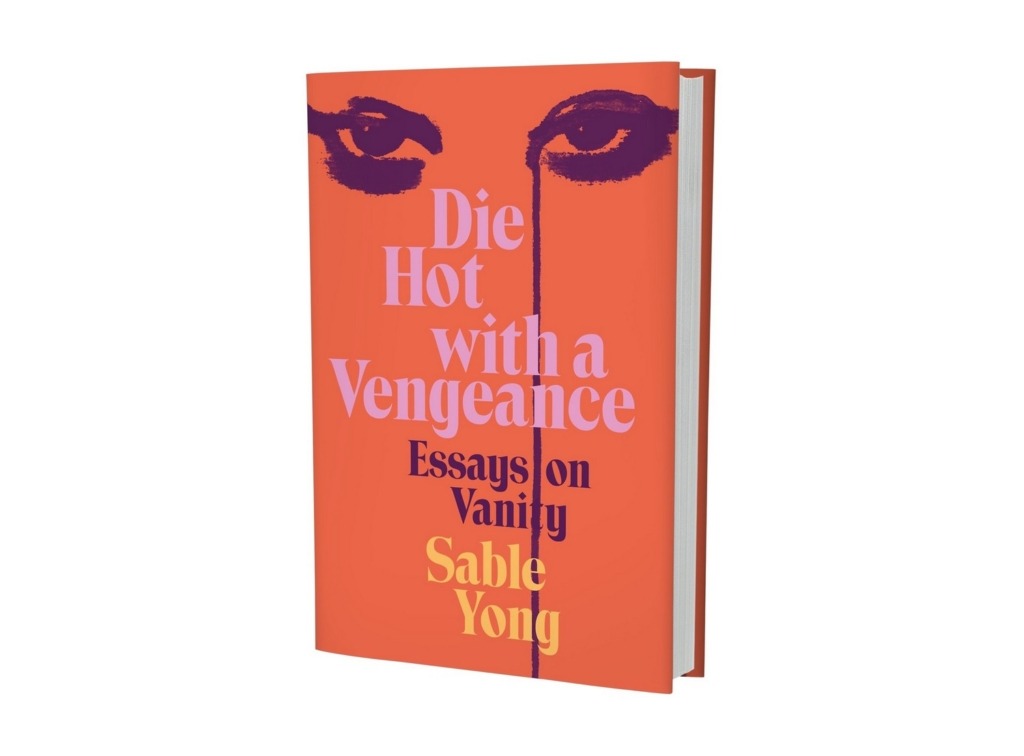
Tena: Let’s jump right into your book. The book consists of personal essays—do you have a favorite essay, and why?
Sable: That’s such a hard question! I really like the title chapter, Die Hot with a Vengeance. It talks about the concept of the “revenge body” and how people use beauty as a defense mechanism against rejection or not feeling good enough. For me, writing this essay helped me explore my own vulnerabilities and why beauty has been so important in my life. I realized that beauty can start to feel toxic when you’re using it to fill a deeper void, trying to fix something internal by changing your external appearance. I believe a lot of us do this because it can be effective, but it also traps you into placing too much value on how you look, when there are so many other valuable and important things about a person that deserve just as much attention and care.”
Kristina: After years of writing about beauty, how do you balance your frustration with marketing, consumerism, and capitalism with your own enjoyment of beauty products?
Sable: Oh, it’s a tough balance! You’ve seen it all in Vogue – the marketing has become so intense over the past few years. Beauty marketing has always been that way, but now social media has created these micro-trends that seem to appeal to every type of consumer. Personally, I find it annoying and overstimulating. There’s so much noise out there. However, I do think that Gen Z is resistant to being put in a box, which is refreshing. They’re adapting and pushing back, which shows true creativity. As beauty editors, though, it’s hard to cut through the noise and communicate the true meaning behind it all. That’s one of the reasons I left *Allure* and went freelance – so I could have more freedom to accomplish what I wanted without being constrained by advertisers. It feels like we can’t always do what we set out to do publicly because advertisers might pull their funding, which could lead to a loss of readership or even the magazine shutting down. Media is in a difficult position right now, but I still believe it’s important for voices to be heard and to speak up about these issues. Platforms like Substack are great for pushing back against marketing-driven narratives, as they allow individual voices to be heard. It feels similar to the resurgence of the blog era. However, it’s challenging because while there are more dissenting voices now, the sheer volume of information can be overwhelming. It requires effort to intentionally seek out the content and perspectives you’re looking for amidst all the noise.
Kristina: With everything going on, are you still able to enjoy beauty products?
Sable: I do! I love playing with creative and colorful makeup, and I’ve been fortunate to get sent a lot of products to try. That experience has allowed me to figure out what actually works and what’s just hype, which means I don’t feel like I’m missing out. Since going freelance, I’m not overwhelmed by press releases or new products, so I’ve started finishing products for the first time in ages. It feels satisfying! Beauty has always been something I’ve wanted to approach creatively and expressively, so it’s always been fun for me. Now more than ever, there’s greater accessibility to quality products that aren’t too expensive, which is great. However, I also think there’s a lot of conventional makeup designed to make you look like a filtered version of yourself. These products are popular for a reason, but they’re not what I personally gravitate toward. For those who love beauty, I’m sure they’re enjoying it, but I also feel like there are two opposing forces at play. On one hand, we have access to so much now, so there’s no excuse not to engage with beauty. On the other hand, it’s important to remember that we have control over how we participate in it. I sometimes have to remind myself not to feel pressured to have a flawless complexion because, in reality, no one’s looking that closely. But I understand that for many people, there’s pressure to look perfect in photos. There’s a context for everything, but while I still enjoy beauty, I admit it can be overwhelming at times.
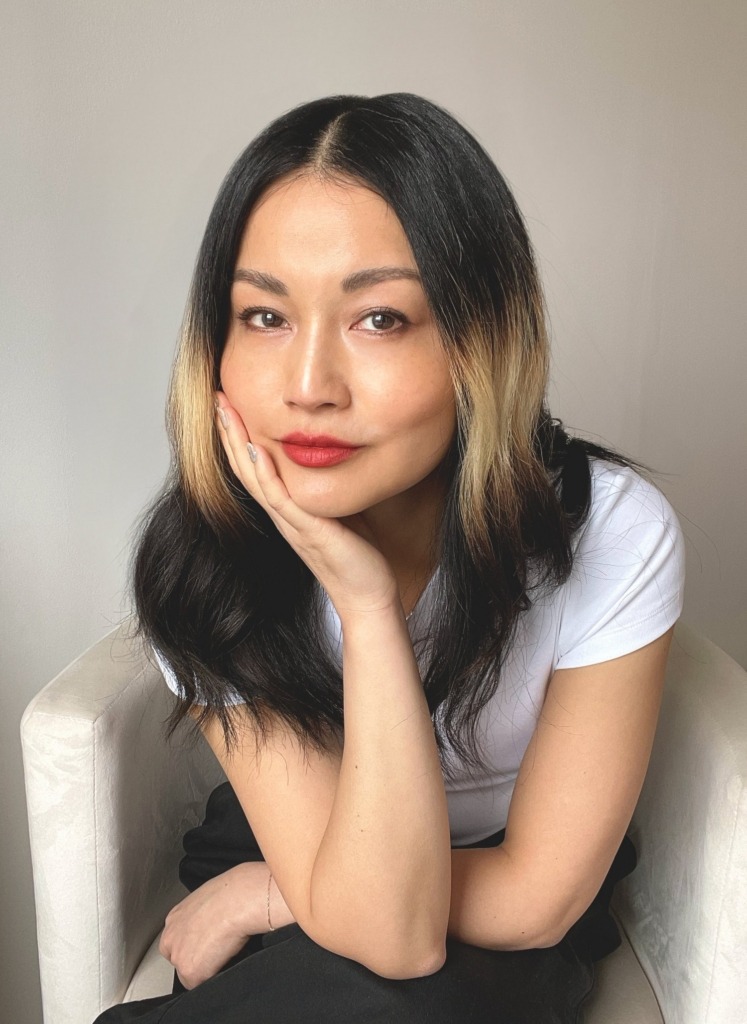
Tena: Why do you think people believe that beauty products can change their lives? And how should they deal with the inevitable disappointment when they don’t?
Sable: It’s funny, I recently started thinking about how unbelievable it is that the term ‘anti-aging’ is even legal. It’s literally impossible to stop aging, no matter what you put on your face. The fact that ‘anti-aging’ is allowed as a marketing term is crazy to me because it’s clearly false. But I think advertising and branding today focus so much on projecting an aspirational lifestyle and persona. It’s no longer just, ‘wear this cream, wear this lipstick, and you’ll be beautiful.’ Instead, it’s like, ‘buy this lipstick or skincare, and suddenly your life will be easy, and you’ll have that clean, aspirational look.’ Advertising now appeals to who you believe you are or who you want to be, so the buy-in feels more personal.
For example, Hayley Bieber’s skincare line, Rhode, became super popular not because the products are groundbreaking—they’re basic skincare that works well to protect the skin barrier. But the appeal lies in Hayley herself. She’s married to a pop star, she’s the daughter of famous actors, and she embodies this aspirational lifestyle. People buy into it because they want to feel like her or imagine they could live her lifestyle. So when the product doesn’t change your life, you feel duped because you believed it would make everything easier or make you feel the way those images portray. But at the end of the day, it’s just a moisturizer—it’s not going to drastically change your life.
Kristina: That brings us to our next question, which you’ve already started answering: the term “anti-aging.” You cover this in your chapter Fuck Around and Find Out. If it’s not called “anti-aging,” what should these products and procedures be called?
Sable: I’ve noticed that many brands, instead of using the term anti-aging, opt for words like revitalizing, plumping, or renewing, which suggests a sense of being reborn. While it’s better than anti-aging, the goal is still the same – youth. Culturally, youth is so highly valued in our beauty standards. When women get older, it’s not that they’re seen as unattractive, but rather, they become invisible. What’s crazy to me is that these older women are the ones who actually have the money to spend on products, so ignoring them makes no sense.
At the same time, no one wants to feel like they’re constantly chasing an impossible ideal or trying to relive their youth. In terms of skincare, I think a better approach would be focusing on maintaining the health of your skin. I’m personally invested in destigmatizing ageism because I’m getting older, and so are my friends, who are feeling the pressure to start Botox or other aesthetic procedures, even though they’re beautiful and look great for their age. There needs to be language that makes it okay to look your age, without making it seem like you’re chasing some idealized version of youth. I’m not sure exactly what that language would be, but it should focus on taking care of your skin as the thing that encases your body—it’s worth taking care of. Yes, when you look good, you feel good, but you don’t have to look younger to look good. You can look good at any age, and I wish that was the message being conveyed.
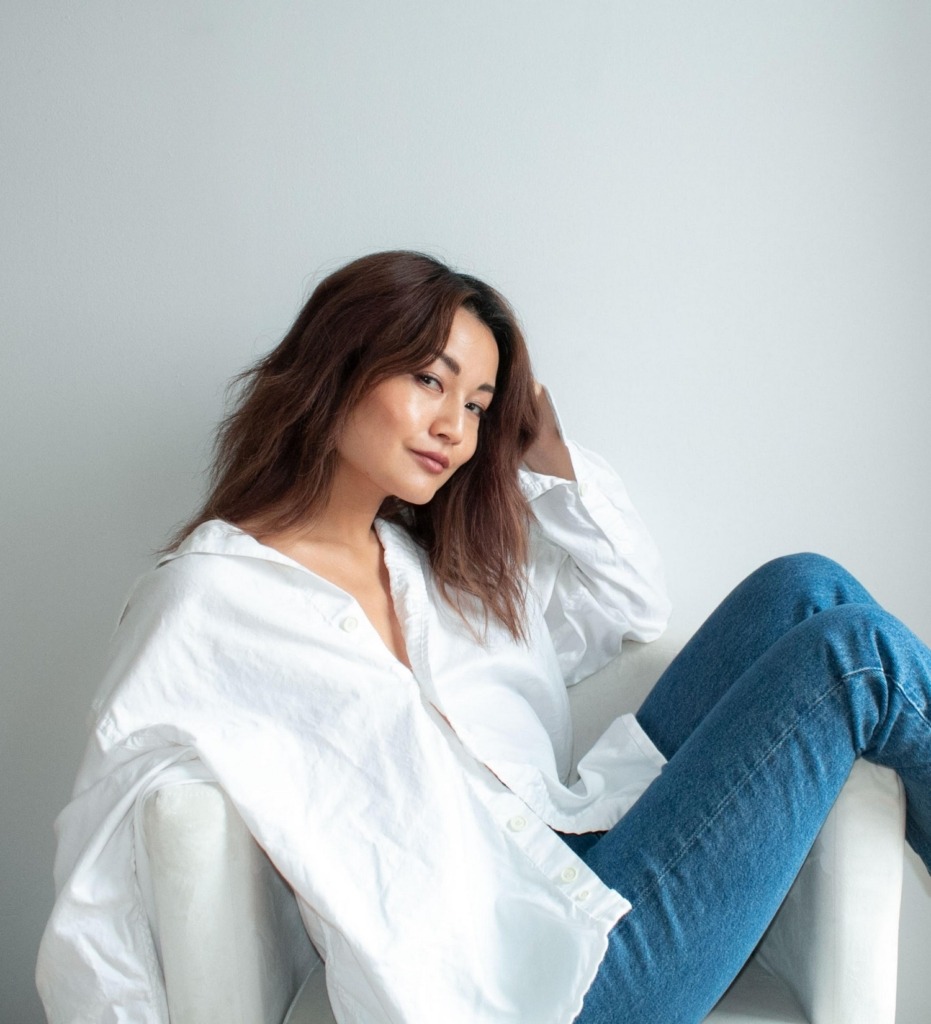
Tena: In your book, you write about effortlessness as an aesthetic choice. It reminded me of quiet luxury, where people dress in a luxurious way even though they may not actually be living a luxury lifestyle or have the finances for it. So, my question is: Is effortlessness actually too much effort, or is it not?
Sable: It’s funny because actual effortlessness is so hard to portray. The term is very class-coded—if you don’t put effort into your appearance, depending on how much money you have, you might just look messy or unkempt. That’s not the ‘effortlessness’ people are aspiring to. What people really want is a financially padded, luxurious kind of effortlessness, where you have expensive clothes, an expensive lifestyle, maybe you sleep on a horsehair mattress or silk pillowcases, and you have access to dermatologists and estheticians. You look well-kept without seeming like you tried too hard—that’s the ‘effortlessness’ people find aspirational.
When people talk about quiet luxury and effortlessness, they really mean they want to look rich or wealthy, because wealth has always set the beauty standard. The ruling class defines what’s beautiful, and part of that is taste—wealthy people have always had very particular ideas of taste, and things shouldn’t look too contrived. It should look like you didn’t have to try, because you have the means not to.
For example, the women on Love Island have very altered looks—visible fillers, Botox, or implants—and that takes a lot of money. But that’s not considered ‘luxury’ because you can see the effort behind it. The true aspiration is to look wealthy without showing the effort behind it. The wealthy people I’ve met in my career often get a lot of work done, but it’s subtle and undetectable—that’s considered tasteful in the world of beauty aesthetics.
I hope I answered your question—it’s a tricky topic!
Tena: What are your thoughts on quitting the beauty industry as a consumer? Can it be done?
Sable: That’s interesting! There are movements, like in South Korea, where women are opting out of beauty standards, which is brave because beauty is embedded into their society. They’re just refusing to conform, which is significant because in their society, beauty standards are deeply embedded, and they’re risking a lot by rejecting them. When something makes you feel like you’re not good enough, I think it’s a good idea to distance yourself from it. The tricky part is that our culture places so much value on appearance, making it hard to opt out of beauty standards. In the Western world, it’s often easier for white, able-bodied, feminine-presenting women to quit beauty without facing as much stigma compared to Black women, plus-sized women, or women who don’t present as feminine. These groups face more social stigma around appearance.
For anyone who chooses to opt out of beauty standards, it’s a brave and important decision. But it’s essential to remember that because we live in a system where appearance holds so much value, you’ll still face those pressures, even if you reject them. There will be days when you feel bad about yourself, simply because we exist in a culture that prioritizes looks. Quitting beauty won’t fully eliminate the pressures unless everyone collectively rejects beauty standards, which isn’t realistic.
We’re slowly moving in that direction, generationally, which is great. I’ve seen individuals with platforms talk about quitting beauty, but it’s important to recognize that quitting beauty doesn’t solve the larger issues. One person opting out won’t change the system, but if it works for them, that’s great.
In my opinion, the way we shift beauty culture is through community. That’s a major theme in my book. Beauty is most healing when shared in community, especially among women who are still broadly objectified. For example, if you and a group of friends decide not to wear makeup for a month and support each other through it, that’s a much more uplifting experience than trying to navigate it alone. It’s like having a buddy system, which can make the process more positive and less isolating.”
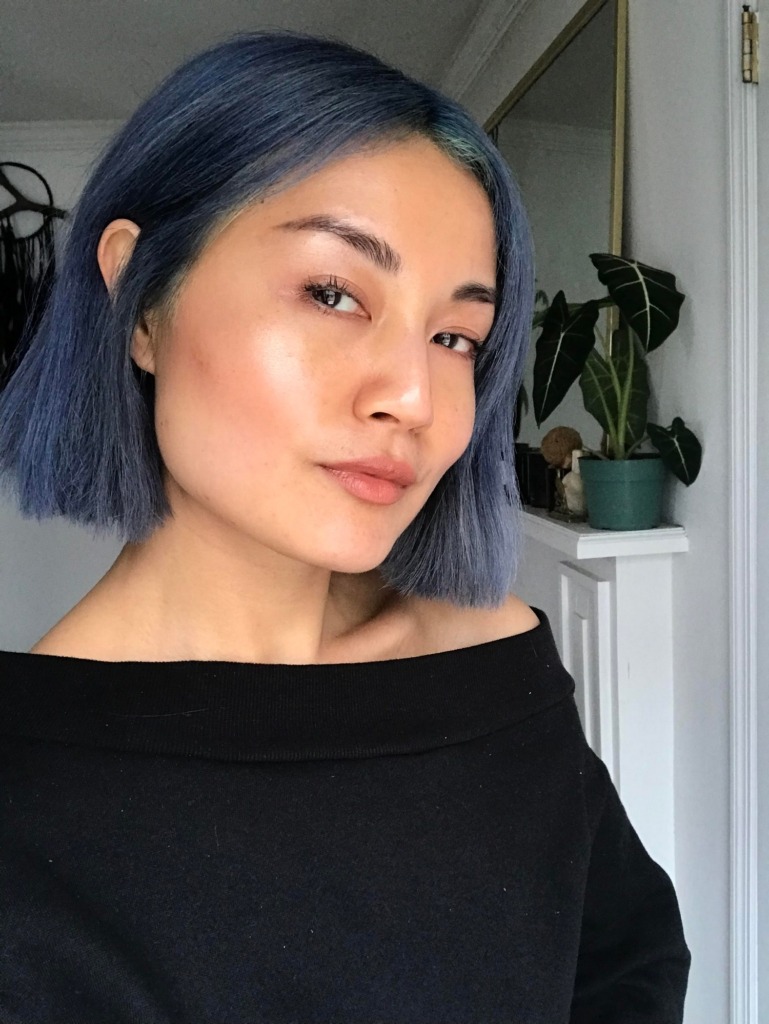
Kristina: With your platform as a writer, do you feel responsible for shaping opinions on beauty or trends? Do you think you’ve contributed to things you wanted to change?
Sable: I’m aware that social media and my platform have an impact, but my following is small compared to influencers. Still, I’ve had people tell me they tried something because they saw me do it, which makes me happy because I like to go against the grain and push boundaries in beauty. However, I’m cautious about promoting excessive consumerism. I don’t want to contribute to the idea that people need to buy all these products to look good.
Tena: What do you think about AI’s influence on the beauty industry? It’s getting harder to tell if certain images—like perfect skin or great hair—are real or AI-generated.
Sable: It’s fascinating and scary. Beauty brands are always quick to jump on new technology, like the Metaverse or AI, and I couldn’t understand why. These aren’t people; they sell products for people, so why try to appeal to the Metaverse? It’s so strange to me. Similarly, AI has been applied in beauty, like for foundation matching, but that’s something I don’t think will ever work. Matching foundation is like painting—you need to wear it on your skin and go out into the real world to see if it truly works. I just don’t believe there will ever be technology that can perfectly match foundation for people.
When it comes to AI-generated images, especially for younger people who don’t have the critical thinking skills to distinguish what’s real from what’s fabricated, it can be dangerous. I’ve noticed that Instagram now tags images created with AI, which is great. But it’s like the warnings on cigarette packs that say ‘smoking kills’—it doesn’t stop people from smoking, and similarly, it won’t stop people from wanting to look like those AI-generated images.
This is problematic because it distorts our perception of what people actually look like and what we think we should look like. Even more troubling is the trend of AI-generated portraits. These images often steal personal data—your likeness—which can then be sold to companies without your knowledge. That’s a much scarier issue on a more ‘Black Mirror’-esque level.
I’m reminded of digital influencers like Lil Miquela. All these big brands were signing deals with her, but she’s not a real person—she’s code. What’s even stranger is that these digital characters are often made to look like ethnically ambiguous women, but they’re being coded by white men. That’s unsettling on multiple levels. With Lil Miquela, at least people know she isn’t real, but I worry that as more digital characters are created, they’ll look more and more human. In the early days, people weren’t sure if Lil Miquela was real because she looked so perfect. It was hard to tell if it was AI or just filters, and that’s scary.
Tena: You start your essays with the question, “How do you live in your body?” How do you live in your body?
Sable: I try to be kind to my body, but as a freelance writer, I have to be more intentional about staying active. I love little treats, like pastries, but I also rest when needed. I feel like I have a lot of productivity guilt because I always feel like the time I spent resting is the time I could be working on something cool or pitching something. And because I’ve worked in media for so long, my brain is stuck in this hamster wheel of just constantly thinking of something new.
When I was writing the first chapter of the book, I was trying to think about beauty in the broadest way possible while still making it relatable to people. I asked myself, ‘What is beauty?’ For most people, it’s just your appearance—your external self. And what are those externals? It’s your body, your skin, this physical shell that holds our souls. There’s so much focus on how it looks all the time.
But it’s interesting to me that our true value and impact on the world come from something intangible—our spirit. Yet the spirit’s barrier is the body. It’s funny how everyone’s attention is on the body, when in reality, it’s the spirit that’s so much more important
Kristina: How can people enjoy beauty products without letting them take over their self-esteem? I’m constantly thinking about this, especially when people contact me with questions. I got hooked on beauty because I started seeing actual results and changes, which sparked my curiosity. For me, using beauty products has always been about solving questions and experimenting out of curiosity. But I’ve noticed that for many people, beauty is closely tied to their self-esteem.
Sable: It’s tricky. Working in beauty has shown me that most products are just fine—they don’t change your life. I was able to disassociate from the belief that beauty defines a person. I think for many people who hold that belief, it becomes a slippery slope into anxiety and poor self-esteem because they’re relying on beauty standards that neither of us had any say in creating. We didn’t set these standards—someone else did—and yet we’re constantly trying to meet them. For people, including friends of mine who are insecure about their looks, I always encourage them to try the things they like, even if they’re afraid because others have told them it won’t look good or it’s not ‘cool.’ Try the things that speak to you, because beauty is something you have to experience for yourself. There are no shortcuts. You have to live through it – get that weird haircut and see how it feels and looks.
Kristina and I ultimately agreed that it’s necessary and refreshing to hear these messages from someone at the heart of the industry. Someone who works in beauty for a living and has access to everything the beauty world offers. And we need to remind ourselves of what Sable Yong wrote in the title chapter of Die Hot With a Vengeance: Sometimes beauty is self-love in the same way that pommes frites are vegetables—satisfying and comforting, but not necessarily the most nourishing. This helps us avoid the ugliness that imposed beauty and its unrealistic standards can bring.